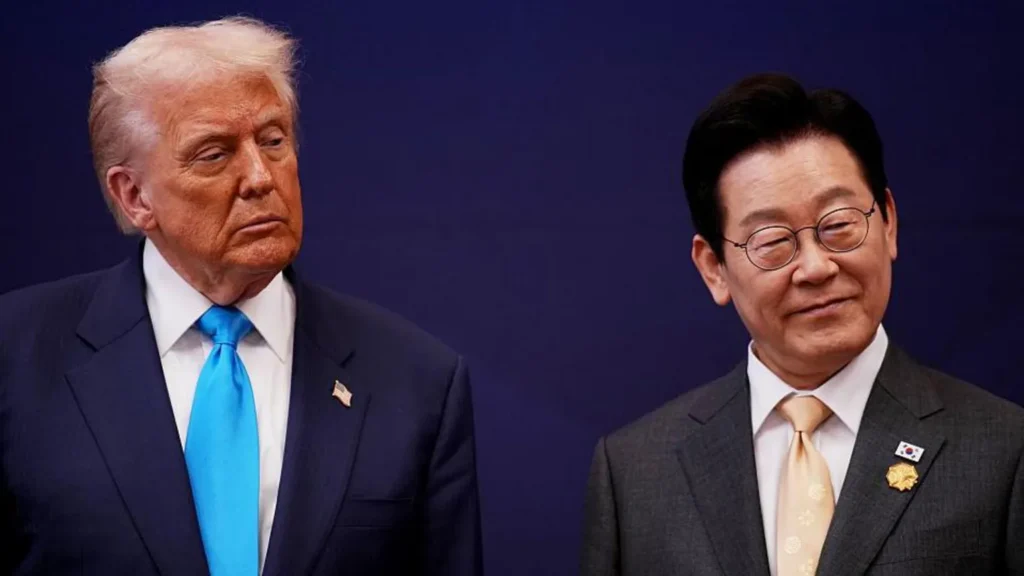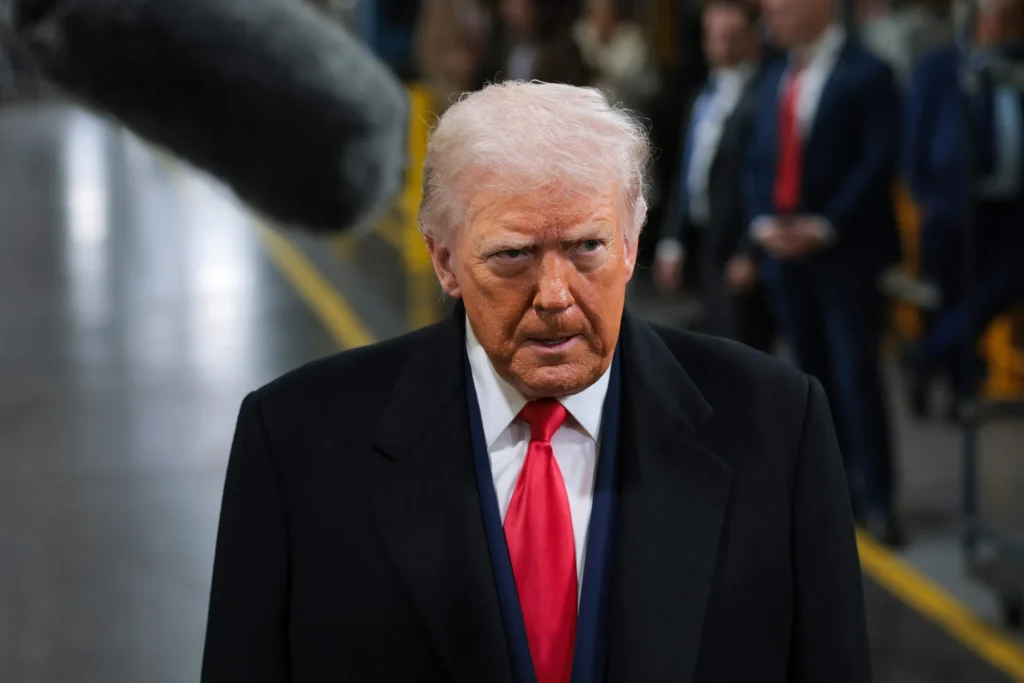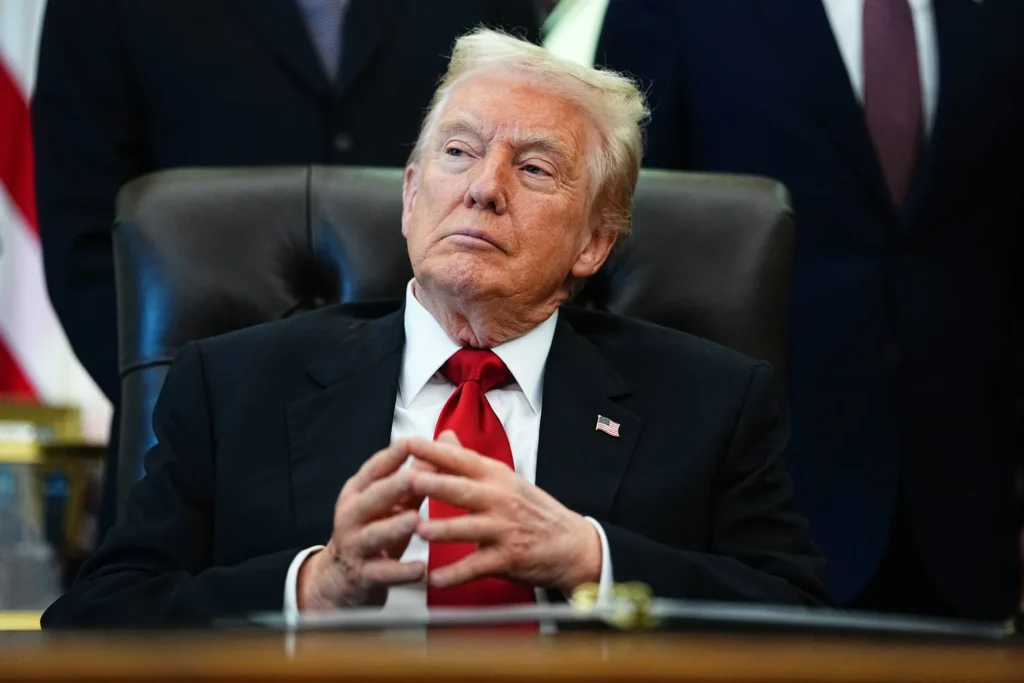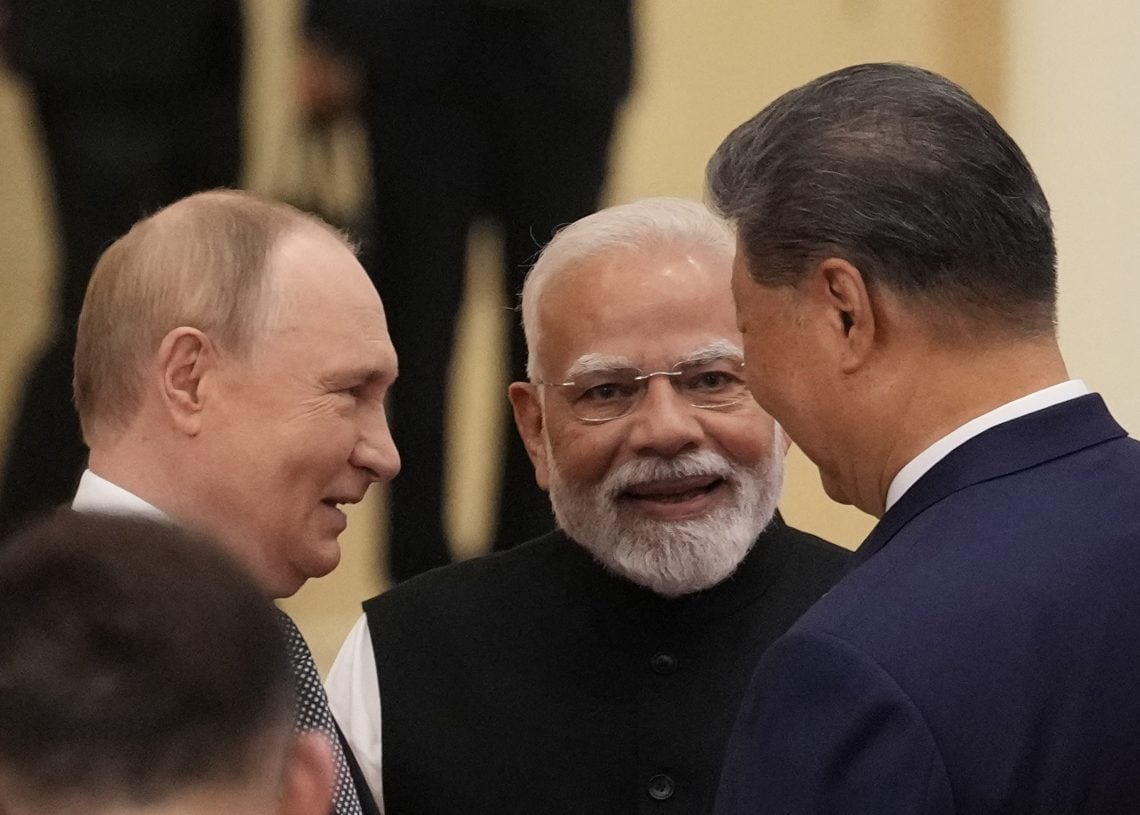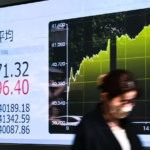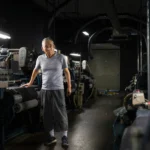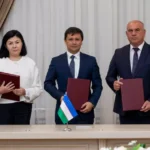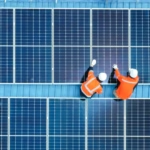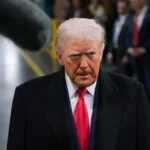Inside Trump’s High-Profile Silicon Valley Tech Dinner: Who Attended—and Why Elon Musk Was Absent
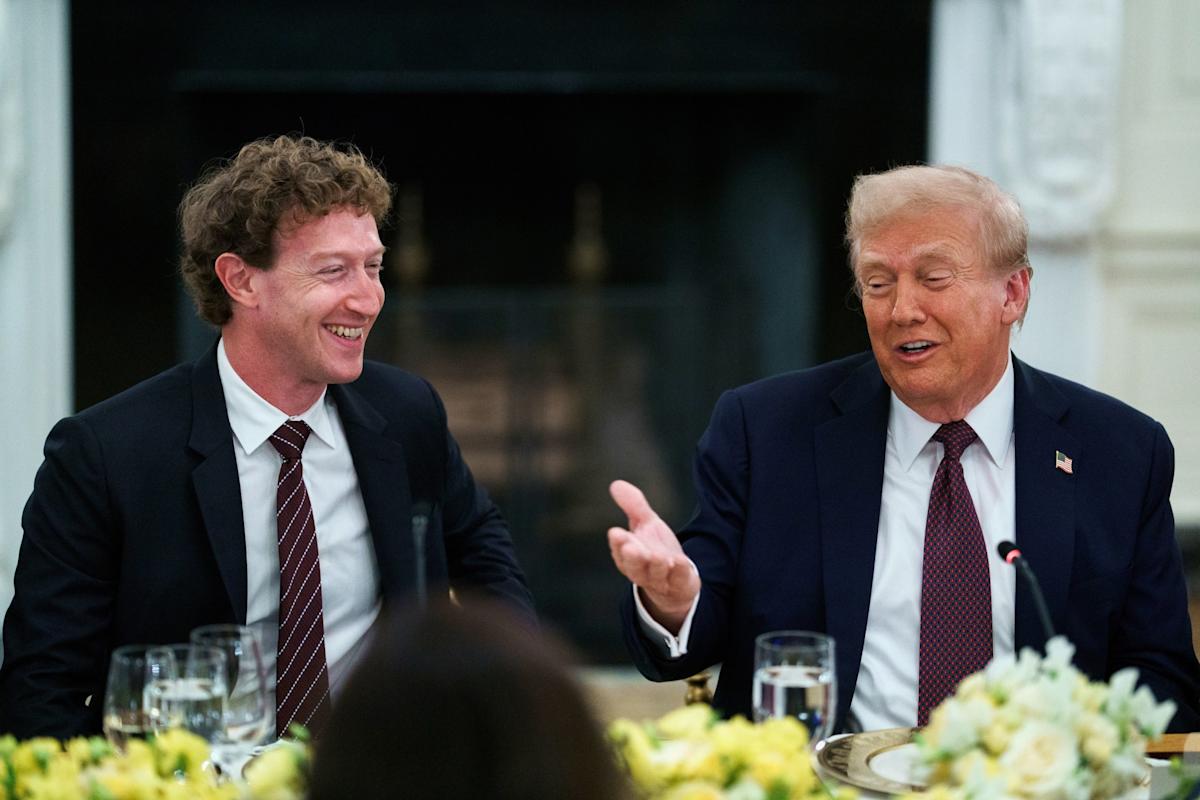
President Donald Trump hosted a star-studded technology dinner in Silicon Valley last week, bringing together 33 of the industry’s most influential power players. The event, widely covered in the media, highlighted the intersection of politics, tech innovation, and high-stakes networking in one of the world’s most dynamic business ecosystems.
The Guest List
The dinner featured executives, founders, and investors from leading technology companies, venture capital firms, and startups. Attendees included CEOs from prominent tech giants, influential venture capitalists shaping the next generation of startups, and key figures from emerging AI, blockchain, and robotics ventures.
The gathering underscored Trump’s continued efforts to cultivate relationships within Silicon Valley, a region often seen as skeptical of his political agenda. Organizers framed the dinner as an opportunity to discuss innovation, regulation, national competitiveness, and economic policy affecting the technology sector.
Themes of the Dinner
According to attendees, discussions at the dinner centered on several pressing topics:
- Artificial Intelligence – The impact of AI on jobs, national security, and innovation pipelines.
- Regulatory Landscape – How federal and state policies influence tech growth and investment.
- Infrastructure and Cybersecurity – Emerging threats and the need for private-public collaboration.
- Global Competition – Strategies to maintain U.S. leadership in tech amid rising competition from China and Europe.
While the dinner was framed as private, attendees confirmed that conversations were candid, with a mix of policy advocacy, strategic networking, and idea exchange.
Elon Musk’s Absence
Notably absent from the gathering was Elon Musk, CEO of Tesla and SpaceX, whose presence is often assumed at high-profile tech events. Musk provided an explanation on social media, noting that scheduling conflicts and prior commitments prevented him from attending.
“I would have loved to join, but timing didn’t work out,” Musk tweeted. “Wishing everyone productive conversations—innovation and collaboration continue regardless.”
Musk’s absence did not appear to dampen enthusiasm among other attendees, though some industry observers speculated on whether the omission was also influenced by past political disagreements or his public statements on various policy issues.
Reactions from Silicon Valley
Industry insiders had mixed reactions to the dinner. Some viewed it as a positive opportunity for dialogue between policymakers and tech leaders, emphasizing the importance of bridging communication gaps. Others were more skeptical, questioning whether the event would lead to substantive policy outcomes or if it primarily served as a networking showcase.
“Anytime you get this many influential voices in one room, there’s potential for meaningful conversation,” said one venture capitalist who attended. “Whether it translates into action is another question.”
Implications for Tech-Politics Relations
The event illustrates the growing entanglement of technology, politics, and national strategy. High-profile dinners like this serve multiple functions: signaling alignment or influence, testing policy proposals, and providing a platform for informal discussions outside traditional legislative or regulatory settings.
For Silicon Valley executives, attending—or declining—such events carries reputational considerations, balancing access to policymakers against potential backlash from employees, customers, or the public.
Looking Ahead
While the dinner itself was a one-time event, it may set the stage for future interactions between Trump and Silicon Valley leaders, particularly as political and technological debates intersect. Issues like AI regulation, data privacy, and innovation policy are likely to remain central in discussions between industry and political figures.
Elon Musk’s absence, while minor in the broader context, highlights the individual considerations tech leaders weigh when engaging with high-profile political events. The dinner reinforced the message that Silicon Valley continues to play a critical role in shaping America’s technological and economic future.



